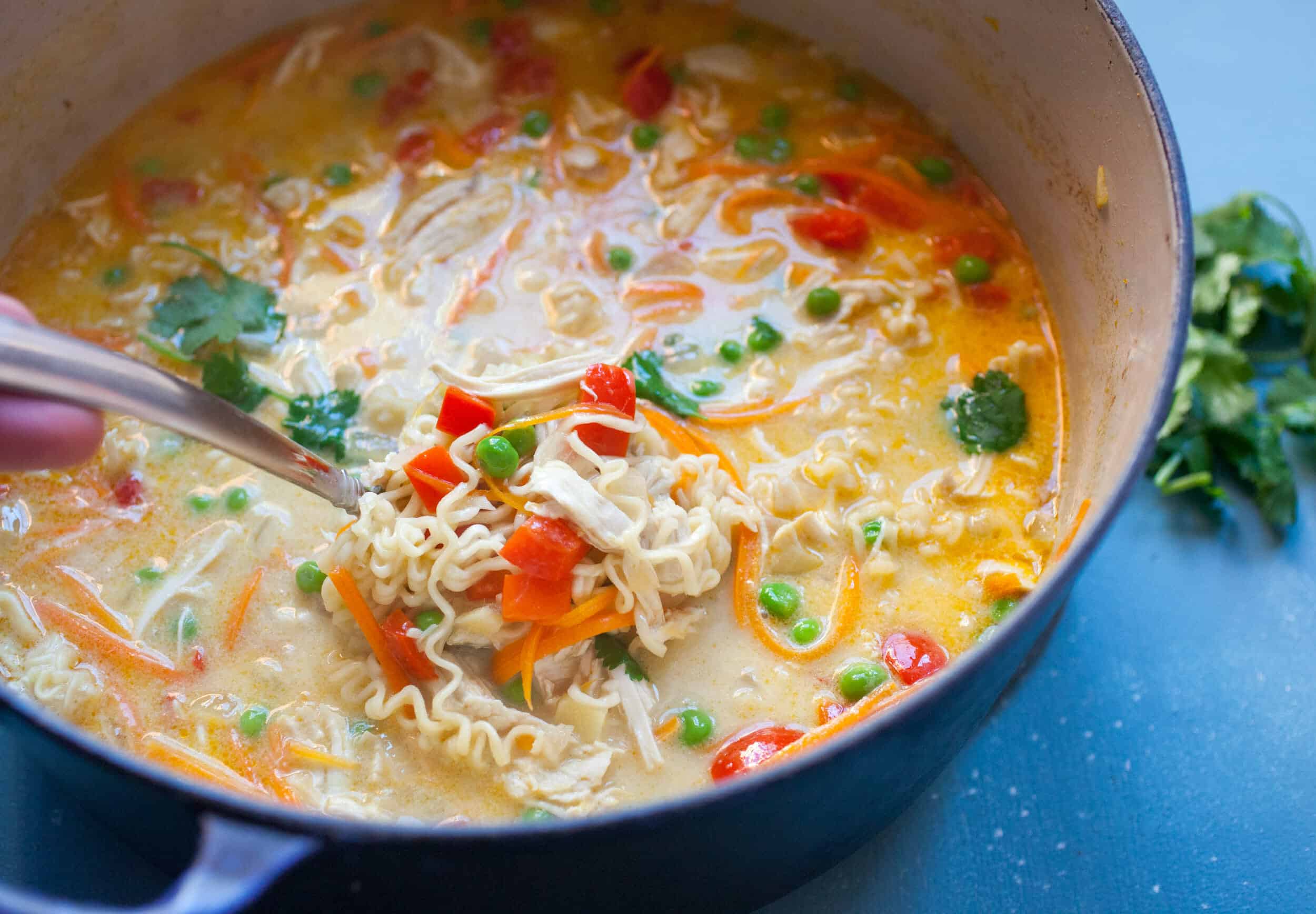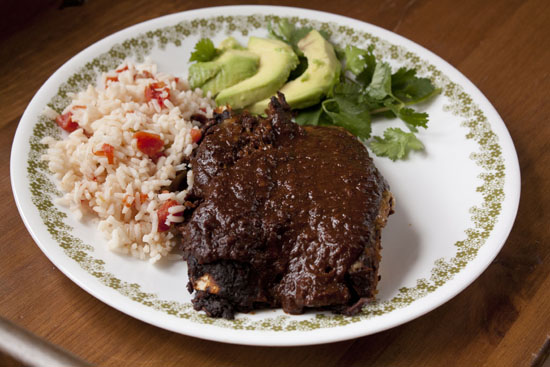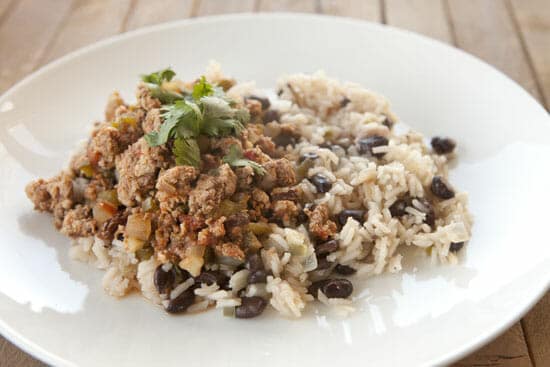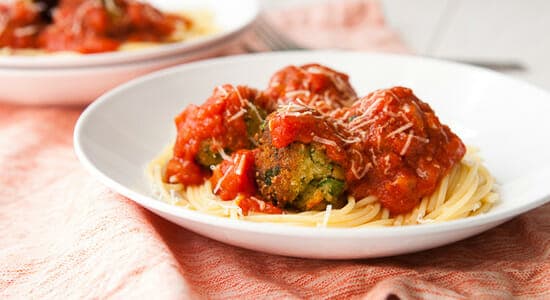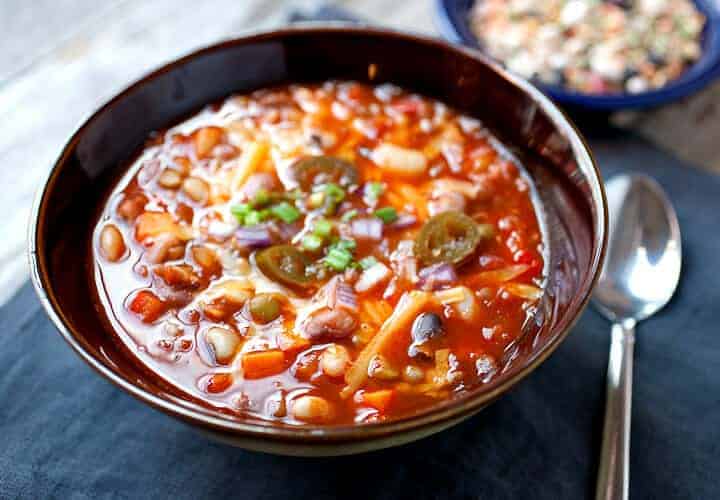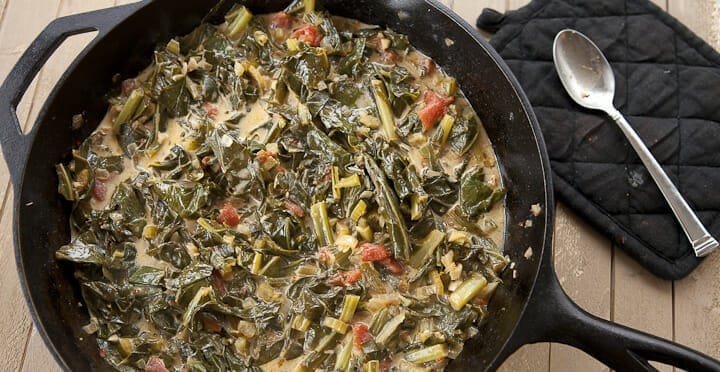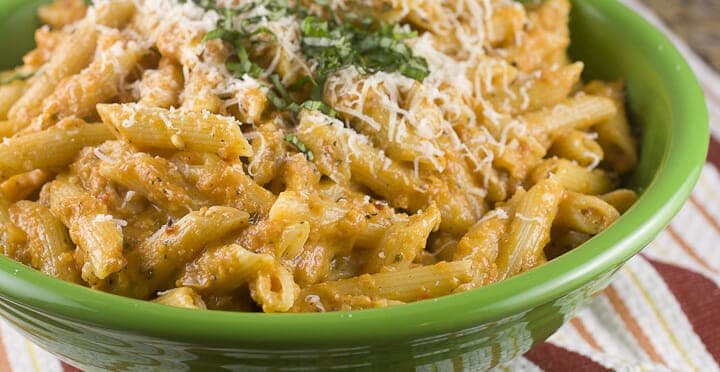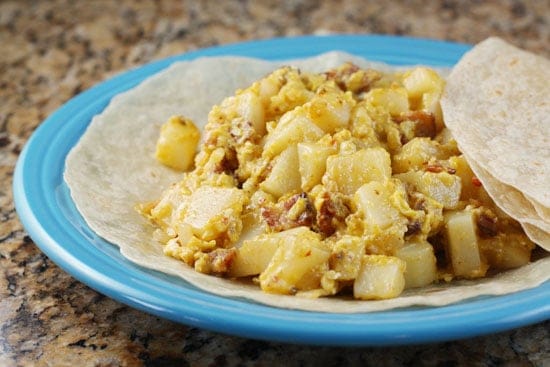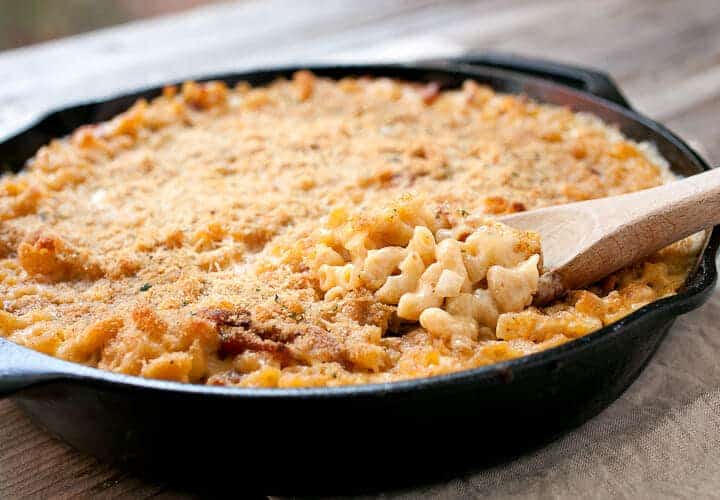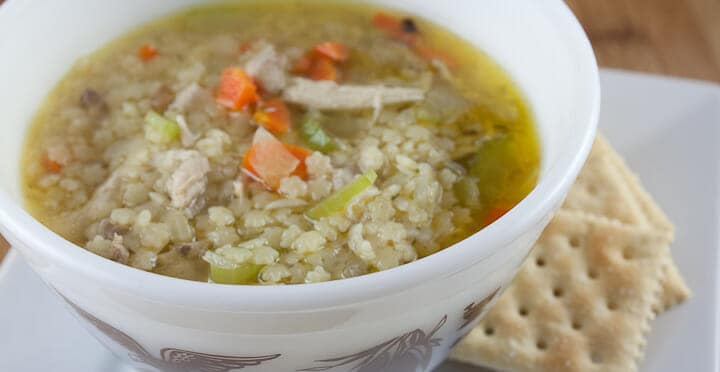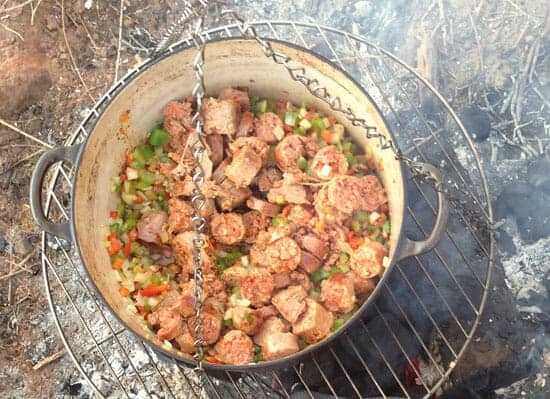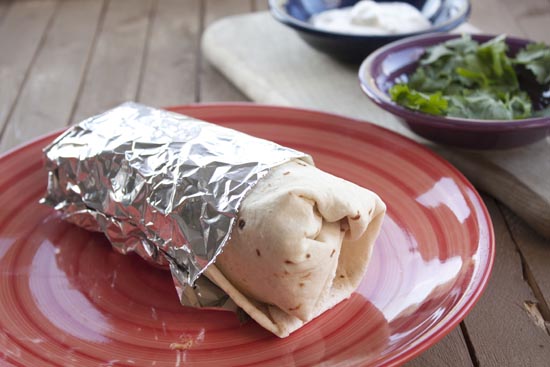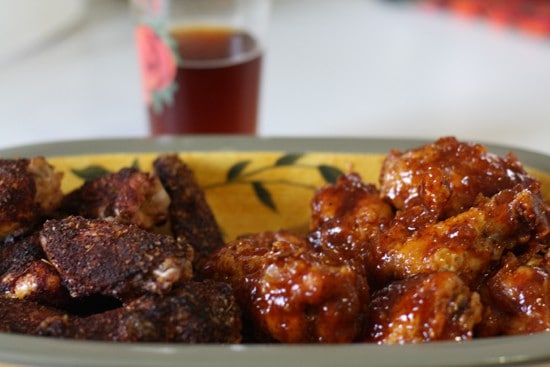Onions: Important Facts, Health Benefits, and Recipes
Onion is a pungent and flavorful bulb vegetable widely used in cooking, known for its potential health benefits such as anti-inflammatory properties.
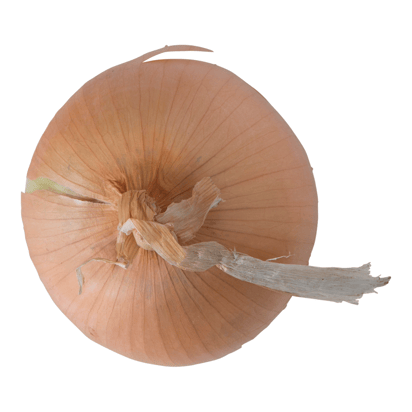
Nutritional Facts
1 medium
Amount per serving
Calories
44
Carbohydrates
10.3 g
Fat
0.1 g
Protein
1.2 g
Saturated Fat
0 g
Sodium
4.4 mg
Fiber
1.9 g
Sugar
4.7 g
Best Onions Recipes
-
:max_bytes(150000):strip_icc()/Simply-Recipes-French-Onion-Soup-LEAD-04-c1d3c0e12e2c4a3995bb35d082815f2d.jpg)
-
:max_bytes(150000):strip_icc()/__opt__aboutcom__coeus__resources__content_migration__simply_recipes__uploads__2019__07__Fresh-Tomato-Salsa-LEAD-2-2699ad8059ba4067b222c742bcf318da.jpg)
-

-
:max_bytes(150000):strip_icc()/__opt__aboutcom__coeus__resources__content_migration__serious_eats__seriouseats.com__recipes__images__2013__02__20130211-240221-cook-the-book-polish-country-house-barszcz-d12f18c9f3ec4c09950e3a3670b67d80.jpg)
-
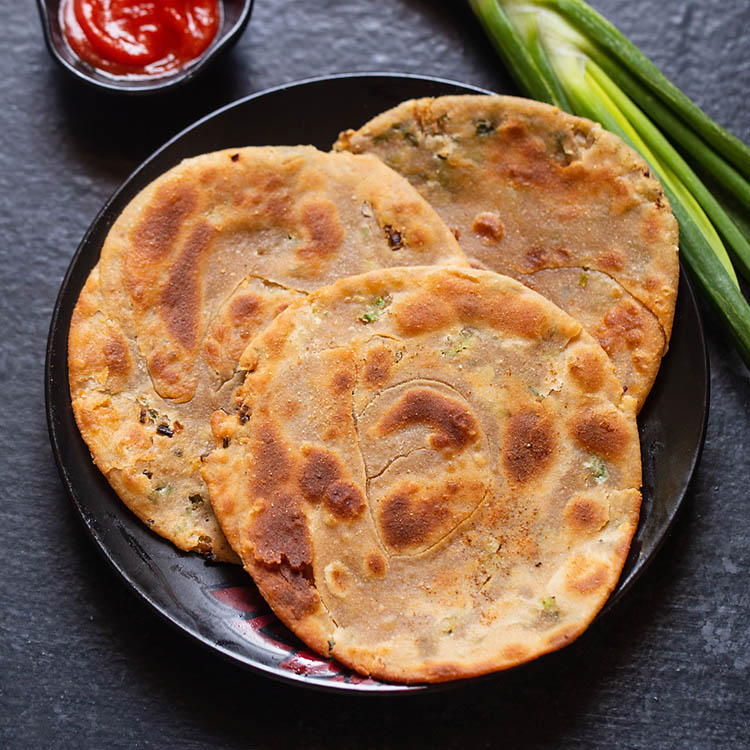
-
:max_bytes(150000):strip_icc()/__opt__aboutcom__coeus__resources__content_migration__serious_eats__seriouseats.com__recipes__images__2015__08__20150817-Bulgogi-Scallion-Pancake-Quesadillas-Overhead-Morgan-Eisenberg-4580b0a249e24b3c8381f0debad87820.jpg)
-
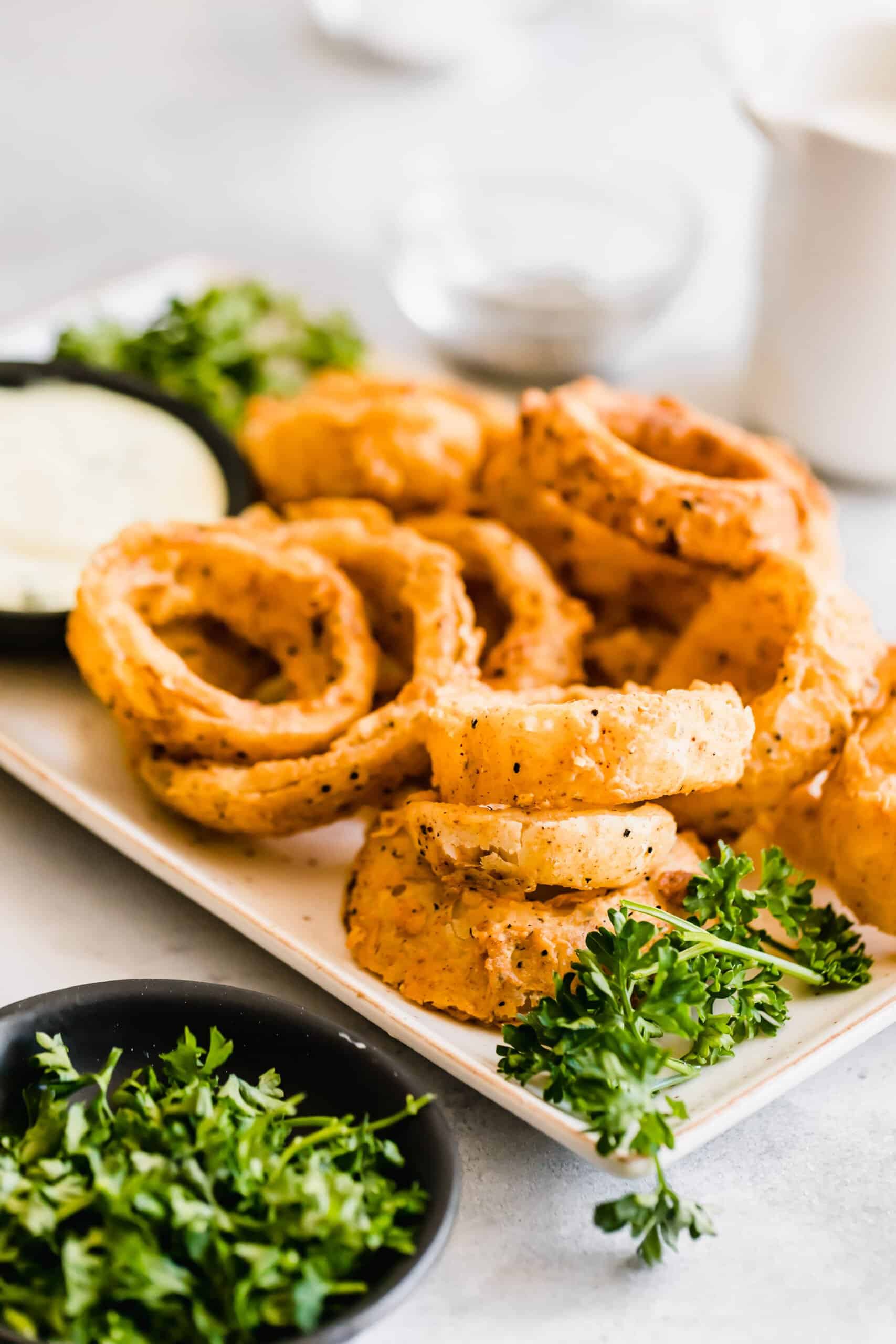
-
:max_bytes(150000):strip_icc()/__opt__aboutcom__coeus__resources__content_migration__serious_eats__seriouseats.com__recipes__images__2011__07__20110721-blue-cheese-staff-pick-roquefort-fd52422a81b7437ba5fb1279effebaf2.jpg)
-
![Thai Basil Chicken (Pad Krapow Gai) Image]()
-
![Rustic Onion Tart Recipe Image]()
-
![Onion Chutney Recipe Image]()
-
![Sweet and Sour Onions Recipe Image]()
-
![Sweet Potato and Caramelized Onion Pizza Image]()
-
![Hutspot (Dutch Carrots, Potatoes and Onions) Image]()
-
![Pork Stir Fry with Green Onion Recipe Image]()
-
![Gluten-Free Garlic Onion Muffins Recipe Image]()
-
![Mushroom Meatloaf Image]()
-
![Pork Tinga Tostadas Image]()
-
![Cheeseburger Steam Buns Image]()
-
![Chicken Mexican Skillet Image]()
-
![Kid Friendly Chicken Ramen Soup Image]()
-
![Baked Egg Casserole Image]()
-
![Mushroom, Beef, and Sausage Lasagna Image]()
-
![Traditional Mole Sauce Image]()
-
![Cuban Picadillo Image]()
-
![Spinach and Ricotta Vegetarian Meatballs Image]()
-
![13 Bean Soup (Vegetarian) Image]()
-
![Near Perfect Nachos Image]()
-
![Braised Collard Greens Image]()
-
![Baked Buffalo Chicken Subs Image]()
-
![Gin Penne Pasta Image]()
-
![Juan in a Million Tacos Image]()
-
![Caramelized Onion Quiche Image]()
-
![Cast Iron Mac and Cheese Image]()
-
![Slow-Cooker Chicken Provencal Image]()
-
![Sausage and Tortilla Breakfast Casserole Image]()
-
![Freezer Baked Ziti Image]()
-
![Breakfast Bowls Image]()
-
![Chicken and Stars Soup Image]()
-
![One Pot Cheeseburger Pasta Image]()
-
![Campfire Jambalaya Image]()
-
![Leftover Broccoli Rice Casserole Image]()
-
![Mango Habanero Simmer Sauce Image]()
-
![The Colorado Burrito Image]()
-
![Chalupas Image]()
-
![Three Chicken Wing Variations Image]()
-
![Bangers and Mash Image]()
-
![Spaghetti Squash with Cream Sauce Image]()


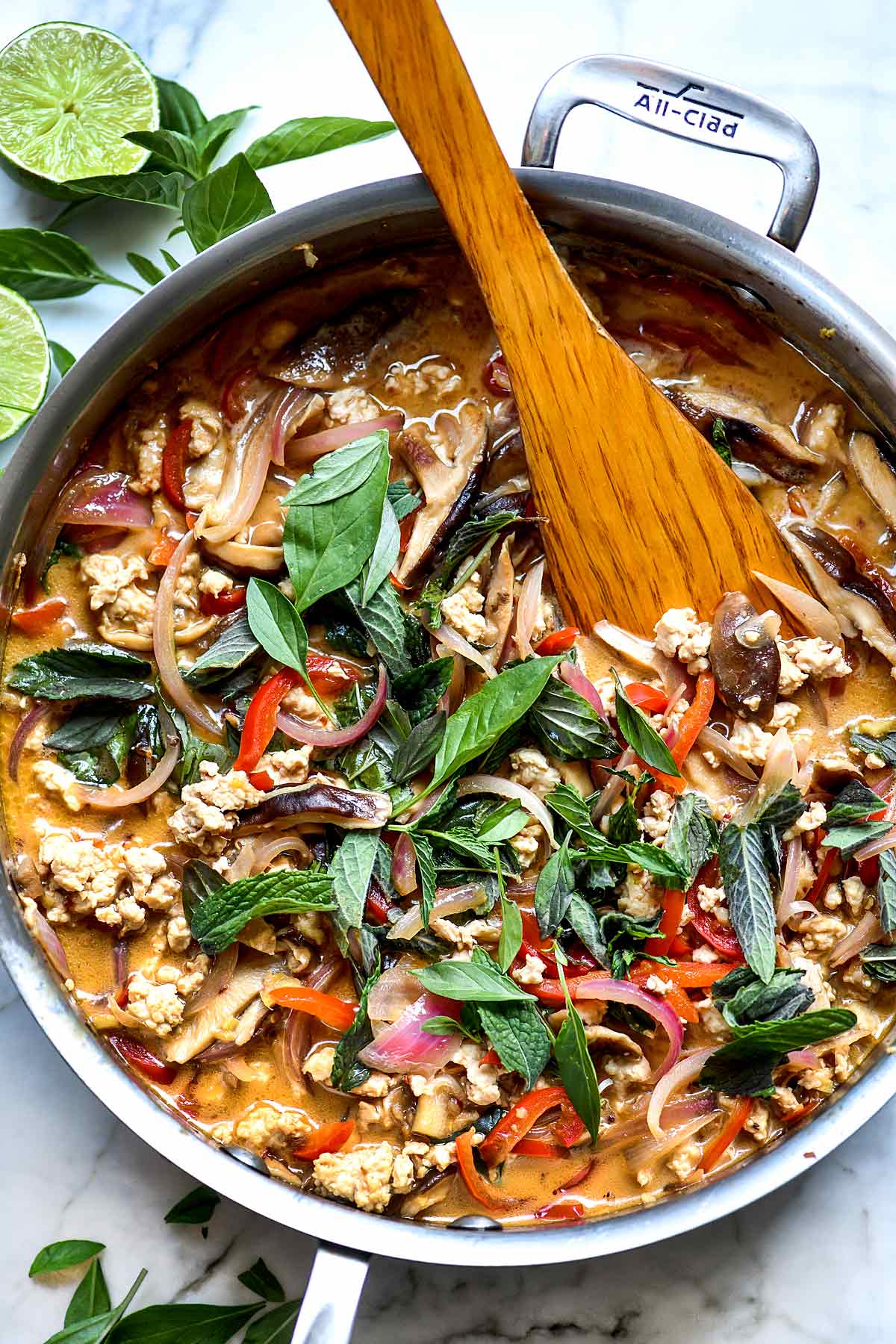
:max_bytes(150000):strip_icc()/__opt__aboutcom__coeus__resources__content_migration__simply_recipes__uploads__2006__09__rustic-onion-tart-horiz-a2-640-b5ca0bc6d5dd4132a0ba69a4b6bea50b.jpg)

:max_bytes(150000):strip_icc()/__opt__aboutcom__coeus__resources__content_migration__simply_recipes__uploads__2010__11__sweet-sour-pearl-onions-a87495a644cc497b92321cdb568ab77d.jpg)


:max_bytes(150000):strip_icc()/__opt__aboutcom__coeus__resources__content_migration__simply_recipes__uploads__2013__01__pork-stir-fry-green-onion-horiz-b-1600-f17c87689302490688636aa5d93e2f78.jpg)
:max_bytes(150000):strip_icc()/__opt__aboutcom__coeus__resources__content_migration__serious_eats__seriouseats.com__recipes__images__2012__07__201200710-213581-GFTues-GarlicMuffins-86a01e501e3f4719a34c26e319931a02.jpg)




